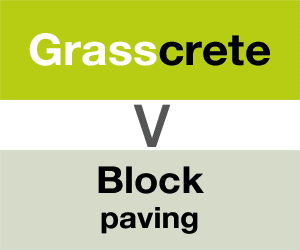The Home Office has disclosed that police forces around the country have had the surveyors.
Discovery of crumbling reinforced autoclaved aerated concrete (RAAC) has led to police stations being evacuated and demolished, it revealed.
Liberal Democrat MP Alistair Carmichael asked home secretary Suella Braverman “what recent assessment she has made of the extent of the use of reinforced autoclaved aerated concrete (RAAC) in police stations” in a written question this week.
Home Office minister Chris Philp responded on her behalf: “All police forces are aware of the potential risks and have been working alongside industry experts since 2021 to ensure site inspections by qualified building surveyors and condition surveys are conducted. Individual police forces have rightly taken a variety of steps to mitigate any potential issues and ensure everyone’s safety – including vacating buildings, and demolishing or replacing structures where issues have been identified. Where there is any uncertainty, forces are conducting prompt further investigations.”
The Police and Crime Commissioner for Devon & Cornwall, Alison Hernandez, revealed on 1st September that she had ordered the demolition of three buildings constructed using RAAC planks after surveys of the 130 buildings under her charge, prompted by an alert from the Health & Safety Executive in 2019.
Surveyors employed by the commissioner’s estates team four years ago reported that a sports hall and a swimming pool complex at Devon & Cornwall Police’s Middlemoor headquarters in Exeter and Barnstaple police station in North Devon were at risk of collapse. The sports hall and swimming pool complex were demolished and the station is due to be demolished. A new police station was established nearby in a £2m project funded by the commissioner and a new sports hall opened at the force’s HQ earlier this year.

Alison Hernandez said: “RAAC building methods left an expensive and dangerous legacy for the owners and managers of public sector estates. I would like to thank my estates team for leading the way nationally on this issue. Their prompt and effective action protected the force’s workforce and the public while enabling operational policing to continue.”
RAAC in social housing
The chief executive of the Regulator of Social Housing, Fiona MacGregorn has written to all registered providers saying that while RAAC is believed not to be a widespread problem in social housing, they should be aware of the possibilities.
“Our current understanding, based on engagement with sector advisers and stakeholders, is that RAAC is not widespread in social housing. However, it may be present in a small number of buildings dating from this period particularly in flat roof and panel structures,” she writes.
“Ensuring the safety of tenants and residents should be the highest priority for every landlord. We expect landlords to ensure that they have a good understanding of their homes, including building safety issues and whether homes contain RAAC components and the risk to tenant safety arising from these; that you develop proportionate mitigation and remediation plans where required; and seek suitably qualified advice where necessary.”
Got a story? Email news@theconstructionindex.co.uk
.png)


